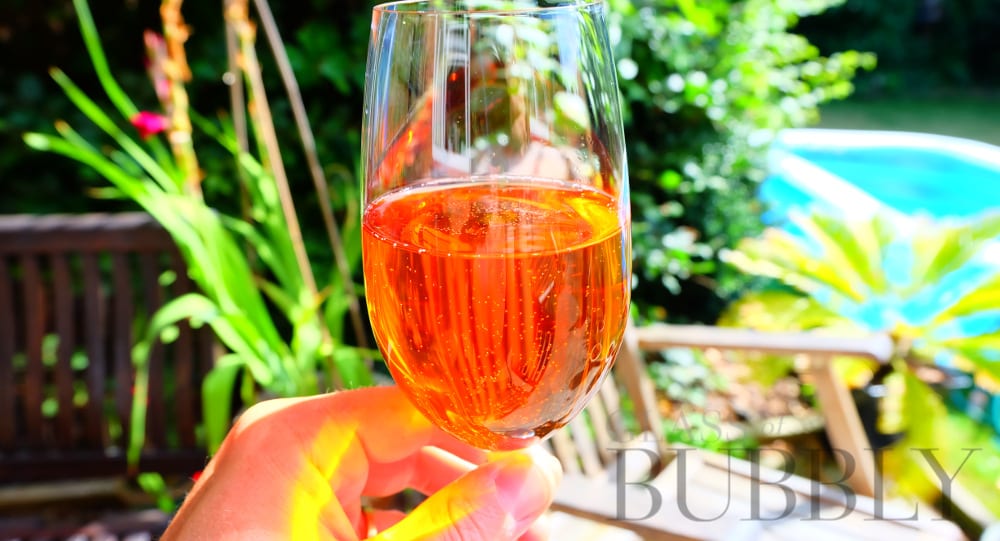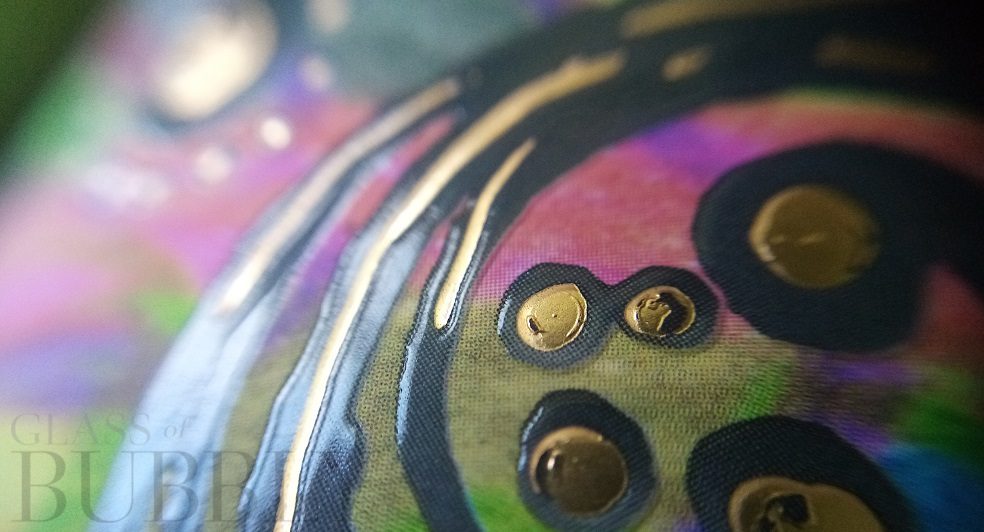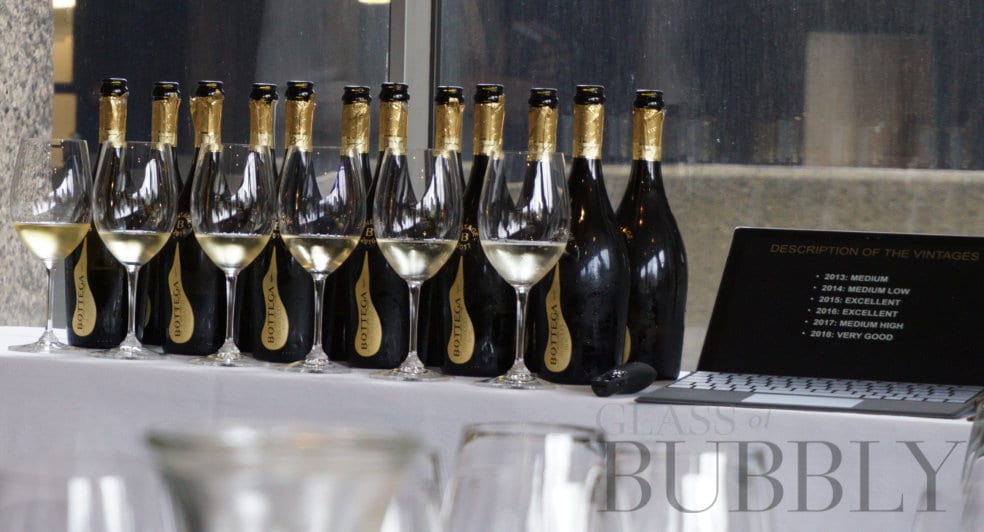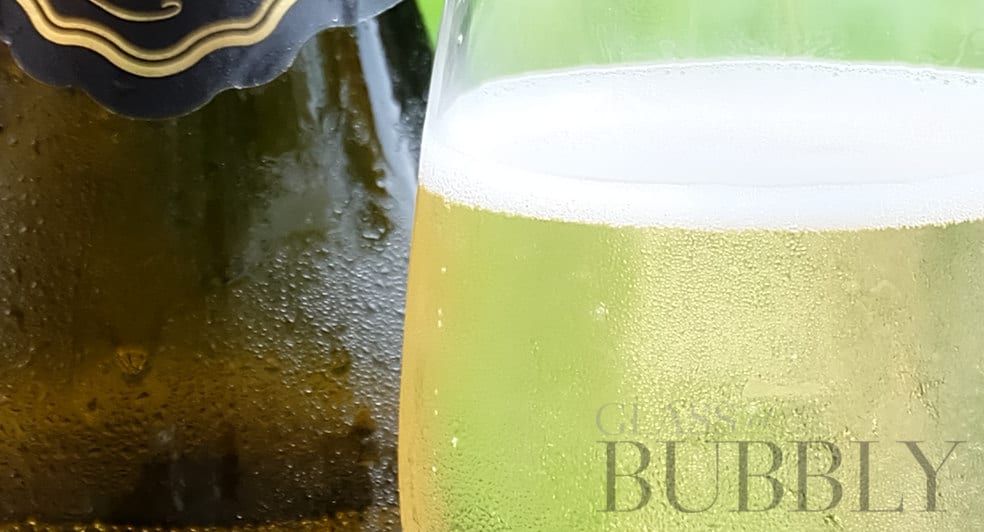Do We All Experience The Same Taste When Drinking Wine?
11th May 2023

For most of us drinking wine is a pleasant experience when we taste the various characteristics of it. Sometimes it’s fruity, sometimes it has flowery aromas or even chocolate, mushrooms and vanilla. At the same time it can also challenge our tactile perception, as it can be tannic, sour or very sweet, causing our mouth into a balancing reaction. In addition it may also have various odors which prickle our smell, like flowers, minerals and spices. And last but not least our sight, and to a less extent our hearing, can bring in various impressions about the wine we are drinking. But are these experiences for each of us the same? Or to be more specific: does the impression of a certain wine create an identical experience for each of us? Does the same wine maybe create an individually specific and potentially different experience? Is your taste of green apples and brioche in your glass of Champagne different from the same Champagne in my glass?
Every wine has its own story to tell

If we look at this matter in question we need to exploit the concepts of taste and the experience of it. Taste can be defined as the sensation of flavor perceived in the mouth and throat on contact with a substance. Technically said it is perceived by our gustatory system or taste receptors. So our taste experience is caused by the flavors or aromas in the wine. But of course also the odors released by the wine influence our tasting experience. Odors which are perceived by our smell organ, the nose, or to put it more specific: the olfactory receptors high up in the nose. So in this respect our taste experience is further enhanced by odors in the wine. In addition to the taste and smell, our taste – in a more broad sense – is also formed by the tactile perception which goes along with drinking of wine. As such create strong tannins a contracting feeling or can a high acidity create a sour mouth effect. Therefore our mouth and throat, as organs of tactioception, give us our physical sensations when drinking wine. So our taste experience is moreover intensified by tactile characteristics of the wine. So to conclude on the subject of taste we see aromas, odors and tactile characteristics of wine as taste causing factors. But do these elements for each of us create the same experiences?
Great minds drink alike!

Therefore we have to go into the concept of experience. What is an experience? An experience is generally referring to a conscious event. But more specifically it refers to perceptions related to the event or to the practical knowledge and familiarity that is produced by these perceiving processes. But as humans we can only experience what ultimately is coming into our mind. All input requires the absorption of ‘it’ into the mind. We do not hear, see, sleep or experience whatever kind of (external) input coming to us when we are in deep sleep, i.e. not conscious of our existence. So the smell may be there, and it touches our olfactory receptors, but we do not experience it when we sleep. The reason for this is that although the (electrochemical) signals produced by our senses do enter our brain, our brain doesn’t project the corresponding thoughts in our consciousness. So to say it otherwise: the sensory impressions aren’t transformed into thoughts. It does not come into our mind – i.e. our internal sense (not meaning our brains). This means that any experience can only be in the mind. And our mind is only a string of thoughts, movements of our consciousness in our consciousness.
The brain is like a projector,
the mind (thoughts) is like a projection
and the underlying consciousness is the screen.
(Corné van Nijhuis)

So when we ask ourselves “Is our experience when we drink a glass of wine the same as the experience of someone else who’s drinking the same wine?”, the answer depends on the answer to the question “Do we share the same consciousness?”. For me – as an Advaita Vedantist – there is a clear answer to that: Yes! Resulting in the conclusion that we fundamentally taste the same (in this relative world). But for most of us the answer is No, meaning that we all have our own individual private consciousness (whatever one might think of what this is). If so, this means that our taste-experiences are individual and private. And so we don’t know and cannot know, if we taste exactly the same, which probably isn’t the case in my opinion, as there are too many differentiating factors to expect it to be that way.
So as with most philosophical quests, the answers are reciprocal to the questions. To make up your thoughts: create an experience. As Alexis Lichine said:
“The best way to learn about wine is by drinking.”
Cheers & Good vibes!
Corné van Nijhuis
World’s first self-declared Vinosopher
![]()
Corné van Nijhuis
Longing for knowledge and wisdom about the nature of wine and the existential meaning associated with it, which makes him a self-declared vinosopher.
